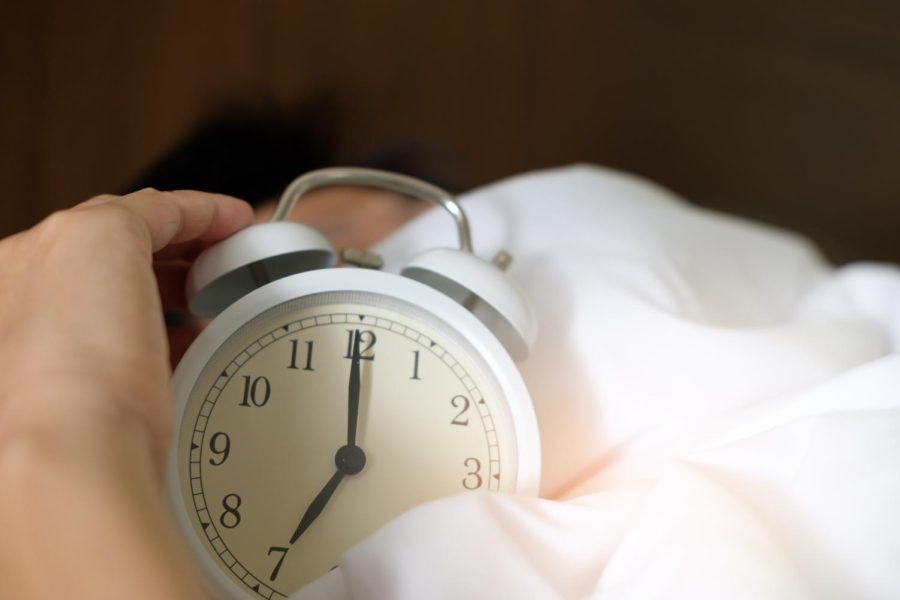Teenagers Need to Sleep More and Here’s Why
How many hours of sleep do you get each night? If it’s not between 8 and 10, you are part of the 70% of teenagers that don’t get enough sleep. Between schoolwork, sports, and jobs, it can be difficult for teenagers to go to sleep at a reasonable hour, and even harder to wake up well before 7:00am for school five days a week. Sleep is essential for both our mental and physical health and is especially important for teenagers. As stated by Ms. Zayas, AP psychology teacher, “our frontal lobes continue to develop until our early 20s, so not getting enough sleep prevents those neural connections from forming” and “hinders brain development in general.” Teenagers often don’t realize the true power of sleep, yet adequate sleep is crucial for brain function, immune health, protection against diseases, better mental health, and our overall well being.
What happens when we don’t get enough sleep?
There are numerous harmful effects that a lack of sleep has on a teenage body. Sleep is what allows the brain to function properly– mood, ability to concentrate, make decisions, and process memories are all greatly affected by the amount of sleep teenagers get each night. Not getting enough sleep will make it hard to function in the daily teenage lives of school, work, and sports. Additionally, a lack of sleep will weaken the immune system– “your immune system depletes because you don’t have enough energy to keep replenishing white blood cells, which fight sickness”– according to Ms. Zayas. Furthermore, not getting enough sleep in the long term will lead to sleep deprivation. Sleep deprivation does not only cause poor performance at school, but it leads to chronic illness and mental health problems.
The teenage circadian rhythm
Most are familiar with the terms “night owl” and “early bird,” however these figures of speech go deeper than most people realize, and our circadian rhythm is to thank for that. Our circadian rhythm is a human’s internal 24 hour clock–the natural cycle of sleep and wake. Not everyone generates the same rhythm, which is why people can experience their peak of wakefulness at varying times of the day, and feel ready for sleep at different times of the night. In his book Why We Sleep, Matthew Walker, neuroscientist and sleep researcher, explains that one of the main reasons why it is difficult for teenagers to get a sufficient amount of sleep is because their circadian rhythm is shifted forward. As opposed to children and adults who naturally go to sleep early and wake up early, teenagers naturally feel tired closer to midnight, and naturally wake up later in the morning or early afternoon. The natural circadian rhythm of a teenager conflicts with their daily routine, as sleep is often interrupted by the blaring of an alarm clock signaling the start to a day that they are not yet rested for.
How can we sleep better?
According to Ms. Zayas, “one of the best ways to improve your sleep is just setting up a schedule and a routine.” A nightly routine that would best maximize sleep could consist of:
- Staying off of screens an hour before bed– according to Ms. Zayas, exposure to blue light before sleep can “change the way the melatonin is produced in your brain” which makes it harder to fall asleep.
- Being aware of caffeine intake. Caffeine blocks adenosine receptors. This causes the brain to feel alert and awake even when the body needs to sleep. Caffeine consumption late in the day can make it difficult to sleep.
- Reading/journaling– reading or journaling are great alternatives to scrolling through social media as a way to wind down before bed. Both are relaxing and much less stimulating than screen time.
- Mindfulness/meditation. Many people underestimate the power of simply focusing on breathing as a way to relieve stress. Mindfulness before bed relaxes the mind in preparation for sleep.










